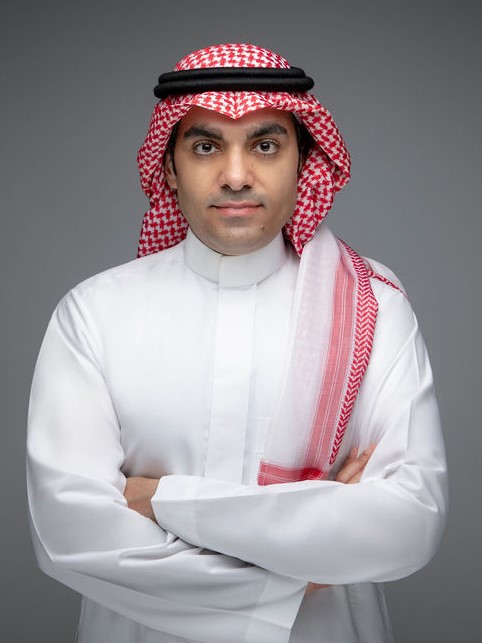DUBAI: A candidate in Iran’s presidential election withdrew from the race late Wednesday, becoming the first to back out in order for hard-liners to coalesce around a unity candidate in the vote to replace the late President Ebrahim Raisi.
Amirhossein Ghazizadeh Hashemi, 53, dropped his candidacy and urged other candidates to do the same “so that the front of the revolution will be strengthened,” the state-run IRNA news agency reported.
Ghazizadeh Hasehmi served as one of Raisi’s vice presidents and as the head of the Foundation of Martyrs and Veterans Affairs. He ran in the 2021 presidential election and received just under 1 million votes, coming in last place.
Such withdrawals are common in the final hours of an Iranian presidential election, particularly in the last 24 hours before the vote is held when campaigns enter a mandatory quiet period without rallies. Voters go to the polls Friday.
Ghazizadeh Hasehmi’s decision leaves five other candidates still in the race. Analysts and experts broadly see the race at the moment as a three-way contest.
Two hard-liners, former nuclear negotiator Saeed Jalili and parliamentary speaker Mohammad Bagher Qalibaf, are fighting over the same bloc, experts say. Then there’s the sole reformist in the race, Masoud Pezeshkian, a cardiac surgeon who has associated himself with the former administration of the relatively moderate President Hassan Rouhani, who reached Iran’s 2015 nuclear deal with world powers.
Iran’s theocracy under Supreme Leader Ayatollah Ali Khamenei has maintained its stance of not approving women or anyone calling for radical change to the country’s government for the ballot. However, Khamenei in recent days has called for a “maximum” turnout in the vote, while also issuing a veiling warning to Pezeshkian and his allies about relying on the United States.
A widespread public apathy has descended in the Iranian capital over the election, coming after the May helicopter crash that killed Raisi. After the promise nearly a decade ago of Tehran’s nuclear deal opening up Iran to the rest of the world, Iranians broadly face crushing economic conditions and a far-more uncertain Middle East that already has seen the Islamic Republic directly attack Israel for the first time.
The limited options in the election, as well as widespread discontent over Iran’s ongoing crackdown on Iranian women over the mandatory headscarf, has some saying they won’t vote.
“I did not watch any of the debates since I have no plan to vote,” said Fatemeh Jazayeri, a 27-year-old unemployed woman with a master’s degree. “I voted for Rouhani seven years ago, but he failed to deliver his promises for better economy. Any promise by any candidates will remain on paper only.”
Worshippers in Tehran at Friday prayers, typically more conservative than others in the city, appeared more willing to vote.
Mahmoud Seyedi, a 46-year-old shopkeeper, said he and his wife alongside two young daughters will vote.
“My wife and I have decided to vote for Qalibaf since he knows how to solve problems of the country because years of experiences but my daughters are thinking about Jalili, too,” he said. “By the way, voting is a duty for us.”
Parivash Emami, 49, another at prayers, said she hoped his vote could help Iran overcome its problems.
“Qalibaf knows details of problems in details, the rest are either critics or promise to solve problems without offering any program,” Emami said.






























